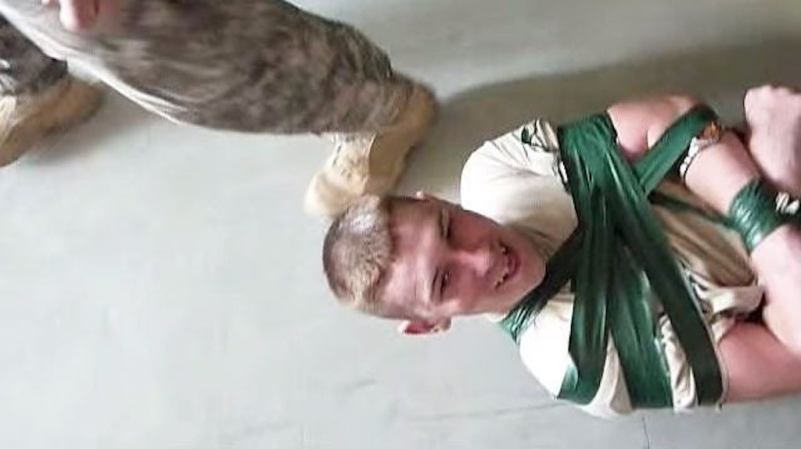Urban legends, old wives tales, myths, and folklore all come from somewhere. In the 20th century, the military was an important facet in the lives of many, especially during WWII and the Cold War years. Some of the lore was bound to find its way into civilian life, here are just a few you may have heard:
1. Carrots help your night vision
While it’s true carrots are good for your eyes, because they’re loaded with beta carotene and thus vitamin A. That’s where the ocular benefits end. In the thousands of admonished children and thousands of unfinished dinner plates between WWII and today, the idea of carrots being good for you morphed into a super power where you gain the ability to see at night.
The myth started in WWII, as German bombers struck British targets at night during the Blitz. British authorities ordered city wide blackouts in an attempt to lead the bombers off course or hope they would strike off target. The British fought off the German Blitz because of a new technology which allowed them to see the bombers coming from far off. It wasn’t carrots, it was radar.

The radar RAF fighter pilots had on their planes allowed them to detect bombers before they crossed the English Channel. One pilot, John Cunningham, racked up and impressive 19 kills at night.In an effort to keep the radar technology under wraps, the British Ministry of Defence told reporters pilots like Cunningham ate a lot of carrots.
The British public ate it hook, line, and sinker. Victory gardens began producing carrots to augment food supplies and alleviate shipping issues. BBC radio would broadcast carrot dessert recipes (this is why carrot cake is a thing, when it definitely should not be) to get the public behind carrots as a sweetener substitute.
2. You lose most of your body heat through your head
Your mother never let you out of the house on a cold day without warning you to wear a hat, but this old wives’ tale comes from an experiment the military conducted on body heat loss. They put people in arctic survival suits and put them in Arctic conditions. The survival suits only covered the people from the neck down, so there was nowhere for the heat to escape, except up through the head (You try explaining this to your mom).

The amount of heat loss from your body depends on the temperature outside, how much surface area your skin has and how much skin you have exposed to the elements.
3. The military puts saltpeter in food to curb sex drives
This one even made it to the lore of boarding schools and colleges. You had no problems before you went to boot camp or boarding school. Now it seems like your libido took a vacation. What changed? It must be the food!
The logic for this is astounding. If there really is saltpeter in the food at basic training, then this must mean Taco Bell is an aphrodisiac (pro tip: it’s not, though the food quality standards are probably similar). The problem has less to do with the food and more to do with the campaign hat. It’s your drill sergeant is stressing you out.

Even if the services put saltpeter in the food, the medical truth is saltpeter doesn’t even suppress sex. It doesn’t help your libido either. Saltpeter is an ingredient in gunpowder and in that way it helps things go bang but it will never help or hurt your ability to go bang.
4. Civilians tie yellow ribbons to support the troops
At least it didn’t start out that way. There was a John Wayne film produced in 1949 called “She Wore a Yellow Ribbon,” in which the female lead actually did wear a yellow ribbon for her cavalry officer lover. But the real custom of tying a yellow ribbons around things came from the 1979 Iranian Hostage Crisis.

In 1972, Tony Orlando and Dawn produced a song called Tie a Yellow Ribbon Round the Old Oak Tree, which was pretty popular. by 1979 the symbolic act resurfaced en masse as the hostages were held for 444 days. The practice came around again in 1991 during Desert Storm and was associated with deployed U.S. troops ever since.


























